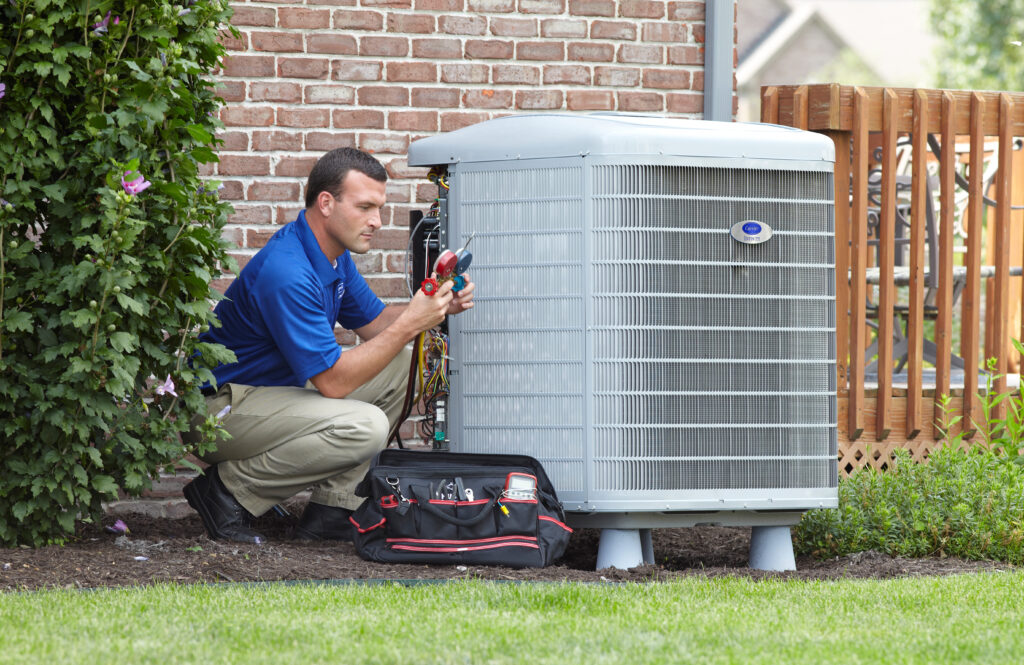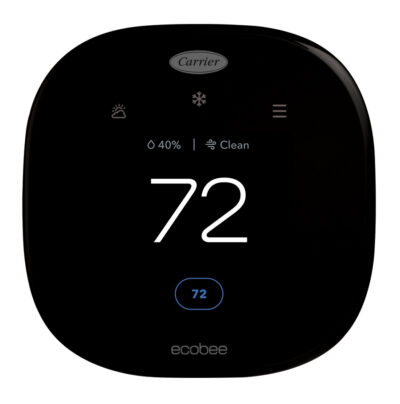If you are a frugal home or business owner, it might be tempting to hold off on replacing your cooling system until it’s completely beyond repair. That instinct is understandable—but waiting too long can lead to more expensive problems down the line. And let’s face it, there’s nothing worse than losing your AC during the peak of summer.
So, how can you tell when it’s time to say goodbye to your old system?
Most air conditioners don’t fail without warning. If you know what signs to look for, you can avoid the stress of an emergency breakdown and plan for a smooth replacement. Here’s what to watch out for—and how a new, modern system can boost your comfort and reduce costs.
Climbing Energy Bills

Have you noticed a steady increase in your energy bills? If you haven’t made any changes in your energy usage, but your wallet is taking a big hit every month from your utility company, then a large system like your air conditioner is usually the culprit.
As systems age, their components wear down, and the system must work harder to produce the same results. Unfortunately, this means efficiency decreases and can cause your energy bills to rise. The first way you will probably notice this slow shift is on your monthly bill. Older systems also tend to have lower SEER ratings (a method of rating efficiency), which means energy price increases will hit you even harder.
Increased Repair Frequency

Some repairs are normal, no matter the age of your AC system. Occasional service calls aren’t typically a concern—but if your system is breaking down more than once or twice a year, especially with major issues, it may be time to consider an upgrade.
A good rule of thumb is to compare the cost of recent or upcoming repairs to the cost of a new system. If repairs total more than half the price of a replacement, investing in a new system is often the smarter choice. When expensive components begin to fail, it’s a strong sign your AC is nearing the end of its lifespan. If you’ll need a new system soon anyway, replacing it now can help you avoid continued discomfort and rising costs.
Your System Is Aging
Depending on how well your system was installed and maintained, your climate, and your system settings, it should last approximately 10 to 20 years for ductless mini-splits, 12 to 17 years for central air conditioning, and 15 to 25 years for geothermal systems.
Even if your system appears to be running well, it’s unlikely to be running efficiently if it’s approaching the 15-year mark. Additionally, newer systems are designed to meet higher energy standards. They can outperform aging units with less strain and lower operating costs. Planning now, before a breakdown, will give you plenty of opportunity to save the money you will need, compare systems, and select an HVAC contractor without any added pressure.
Temperature Fluctuations and Humidity

Are some rooms always too warm or stuffy, even when others are cool? Or does the air feel damp and humid no matter how low the thermostat is?
These are signs your system isn’t operating at its best. Uneven cooling and poor humidity control could be caused by aging components, ductwork issues, or reduced system capacity. While some of these problems can be fixed without replacing the entire unit, they’re still worth investigating with a certified technician.
Loud Sounds, Unpleasant Smells, or Leaking
Your AC should be something you don’t notice—quiet, odor-free, and dry. If you hear rattling, banging, or buzzing sounds, or notice unpleasant odors, those are clear indicators something is wrong. Leaks around the unit or ductwork are also red flags. Left unchecked, they can lead to mold growth, water damage, and reduced air quality.
For your safety and comfort, always have odd noises, smells, or moisture issues inspected by a professional.
Your System Uses Freon (R-22)
If your system was manufactured before 2010, it may use Freon (R-22), a refrigerant that’s been phased out due to environmental concerns. Not only is R-22 less efficient, but it’s also increasingly expensive and difficult to find. Any refrigerant-related repairs on these systems can cost a fortune, and your utility bills are likely to be higher than necessary.
Upgrading to a system that uses modern refrigerants is better for your wallet—and the planet.
Your System Lacks Smart Technology Compatibility

If your current AC system isn’t compatible with smart thermostats, zoning systems, or energy-saving features, you’re missing out on convenience, comfort, and potential savings.
Modern systems offer benefits like:
- Smart thermostat integration
- Quiet, efficient operation
- Advanced air filtration
- Zoned cooling
- Better humidity control
They can also increase your property value and give you more control over your indoor environment.
Final Thoughts
Delaying AC replacement often results in higher energy bills, more frequent repairs, and growing frustration. If your system is aging, loud, inefficient, or inconsistent, it may be time for a fresh start.
The best way to know for sure? Schedule an HVAC assessment. A certified technician can evaluate your system’s condition, review your energy usage, and help you make an informed decision that fits your needs and budget.
For more information, contact the Pierce Refrigeration team, and one of our experts will guide you in finding your solution.
Need 24-7 emergency service? Looking for advice on improving your everyday air quality and comfort at home and work? Contact the friendly staff at Pierce Refrigeration at 800-696-1088 or email us at: info@piercerefrig.com.

